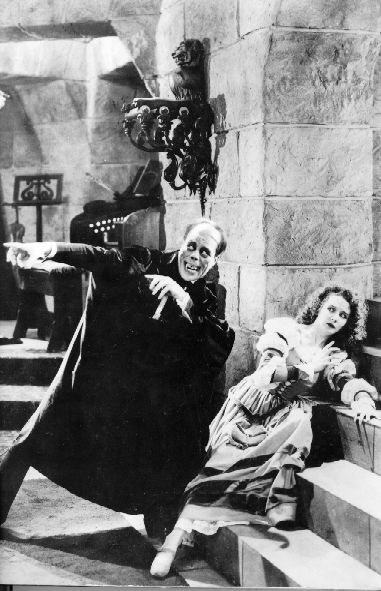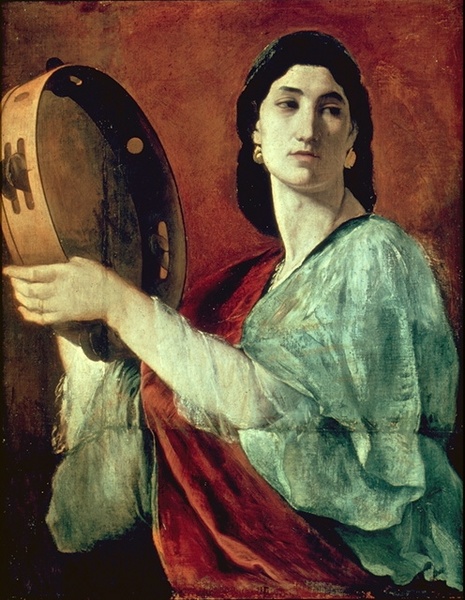 Matthew 25:1-13
Matthew 25:1-13I.
Soon, soon!
The bridegroom comes soon!
Grab your lamps,
and leave the oil!
Late is the hour,
the night is short -
he will come any moment,
soon!
Small is your faith
for expecting delay;
a dim light beside
my passionate flame.
Why bring your oil
as though he were far away?
Why settle to wait
when he's at the door?
II.
Soon, soon!
The bridegroom comes soon!
Grab your lamps
and bring your oil!
For who knows the hour?
The night is long.
He will come any moment,
be patient!
Great is your faith,
until faced with delay;
time may soon quench
your fast-burning flame,
while I glow slow and steady
all through the night,
and have my light ready
when he's at the door.
III.
Soon, soon!
The bridegroom comes soon!
Any moment - now
or in a thousand years.
Are you prepared
to receive him this moment?
Are you prepared
for a long, weary wait?
Will your faith sustain you
even in the delay?
Are you ready this moment -
are you ready to wait?
_______________________________________________
[Summer 2015]
I understand the parable of the wise and foolish virgins to be about being prepared for the long haul. In the chapters about his return (Mt 24-25) Jesus emphasises that we have to be ready at all times because we do not know when exactly he will come. He may come any moment, and he wants to find us active, at work, prepared, doing what he commanded us to do (Mt 24:45-46).
Most early Christians firmly believed that Jesus would come again in their own generation - so much so that when Christians started dying before his second coming, Paul had to give some explanations (1 Thess 4:13-18). I believe it is completely correct for people to expect Jesus to come again in their lifetime, in every generation - because Jesus may come any moment! We should be prepared for him to come right now, this very minute. (Not in the sense of doomsday predictions though - Jesus coming is joy and renewal, not destruction and doom. It's a wedding feast we're talking about here, not some looming threat!)
And yet the danger with such thinking (which was also felt in the early church) is that we might lose hope and faith once we have to wait longer than we expected. The church has been waiting almost 2000 years for Jesus to return! Jesus spoke of his second coming as though it was right around the corner - and yet we have been waiting for quite a while! And maybe he'll come tomorrow, and maybe we'll have to wait quite a while longer!
So what I believe Jesus is saying in this parable is that we need to have the faith not just for the short term, but for the long haul - to not lose faith in his promises even if they are not fulfilled within the time we'd like them to or expect them to. We need the faith to endure the waiting time, however short or long it is, so that whether he comes right now or only in a long time, we'll be prepared - like the wise virgins who brought their oil.
Picture by William Blake





